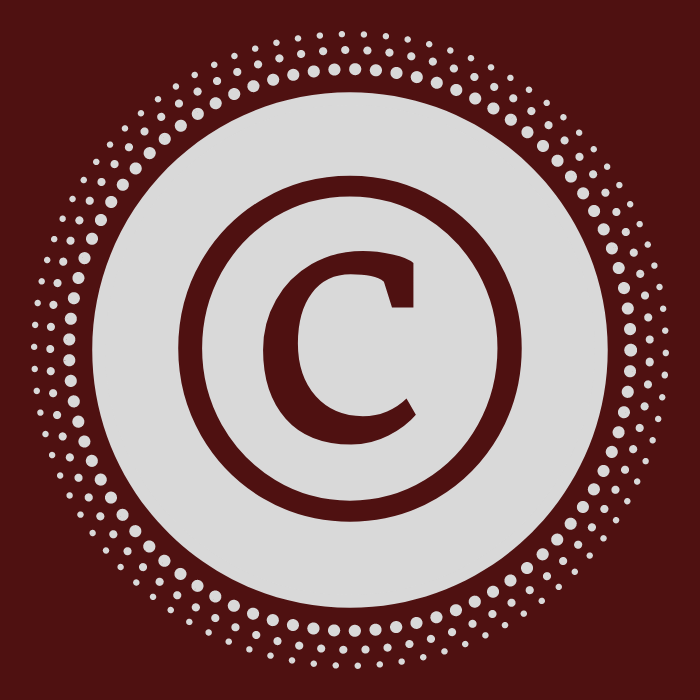|
Disclaimer I’m not a lawyer. The information below is a basic overview of your rights as an author under general copyright law but shouldn’t be considered legal counsel. Many new authors get nervous about showing their work to others for fear of their stories being stolen. Will someone in my writing group steal my idea and publish before me? What about my editor? Is a publishing house safer than a freelancer? It all comes down to knowledge about how copyright works. With knowledge comes peace of mind. The good news is that your story is safer than you might think. But there are some legal points to keep in mind. How do I protect my story until I can apply for copyright?Good news. The moment you put pen to paper (or hit Save on the computer), you’re protected under copyright law. Once there’s a written record of your story, no one can publish or profit from that unique expression of that idea without your express permission. You can still sign away your rights to it, but it has to be a deliberate act. It’s legal in the same way that an email exchange can act in place of a formal written contract. Once you’re ready to publish, you will still probably want to apply for a formal copyright, but until that moment, no one (not freelance editor, major publisher, nor neighbor down the street) can legally steal it from you. What is protected by copyright?First of all, copyright law only protects the unique expression of an idea, not the idea itself, whether you’ve submitted a formal copyright application or not. Before you start fretting, think about it. How many books are based on the same idea? How many stories have you read based on the same basic plot as a Shakespeare play? Some are great, and some are awful, but they’re all different. Think of the Harry Potter and Twilight series. After those major successes, the market was flooded by books about wizards and vampires. Some have been more profitable than others, but none of them has taken away from the success of the original. Books sell on their own merits, and readers are always hungry for well-written stories, emphasis on well-written. That means you can write about a young boy who finds out he’s a wizard and is subsequently introduced into a whole new secret world; there are a lot of directions you can go with that. But if it’s about a boy named Henry with a scar on his chin who finds out he’s a wizard who has been raised by muffles and goes to a magical wizarding school named Hobwards, you’re probably going to get sued for copyright infringement. Do I need a contract?When you’re working with professionals, whether they be freelancers, agents, or publishing houses, contracts often come into play. But it’s not to protect your work from theft. That’s already protected by copyright law, so a contract doesn’t make copyright infringement any more illegal or the unscrupulous any less likely to steal from you. The solution is to work with a professional. That can be an established publishing house or a freelancer, but someone established as a serious professional in the industry—rather than someone who thought it would be an easy way to make a couple bucks on the side or a scammer offering unbelievably low rates—wouldn’t steal from a client for one very practical reason, aside from any moral or ethical concerns. The reward isn’t worth the damage to their reputation. If word got out (and it generally does), no one would trust them with a document again. The potential gain just isn’t worth the risk. Then, why does my editor ask me to sign a contract?Like I said above, the purpose of a contract isn’t to prevent someone from stealing your work. It’s to clearly lay out the expectations of both parties for the business relationship. The contract details things like timelines, services expected, pricing, and project scope. While a contract isn’t necessary to protect the author’s copyright claim over the work, a section can cover that subject, just to clarify things for both parties. Also, the editor might retain the rights to any edits made until final payment is received for their services. Take note that their claim only covers the edits, not the original work. This stipulation is used to ensure payment, not to lay any claim to the manuscript. Unfortunately, many freelancers have been burned by authors who suddenly decided they shouldn’t have to pay for the many hours of work they contracted someone to do. Even though contracts don’t have to be complicated affairs with impenetrable legalese, you should still read through one carefully before agreeing to it. Even if it’s just an email exchange. Do I need an NDA?You’ve put your heart and soul into your writing, and you don’t want anyone sharing it around until you’re ready to publish. What if your editor innocently shares it with a friend, and that friend steals it? First, that’s another reason to work with a professional rather than a dabbler. Sharing a client’s unpublished work without their express permission would be incredibly unprofessional and unethical behavior. Second, with a few exceptions, a nondisclosure agreement (NDA) won’t do anything but mark you as paranoid and difficult to work with. Many competent professionals will avoid you for fear of getting sued unfairly. Once your story is down on paper or electronic document, you’re automatically protected by copyright law; no extra document will protect you further. If you’re still nervous, though, having an open conversation with your editor or publisher about their policies and practices isn’t unreasonable. So, unless you work in a field where the actual information is classified or sensitive, an NDA is unnecessary and often counterproductive. One Last Note on Copyright Remember that just as your work is protected under copyright law, so is the work of other authors. That means that any time you use pieces of another’s work—such as quotes, tables, data, or illustrations—you must either obtain written permission from the copyright holder or adhere to fair use rules with proper attribution. This also applies to unpublished materials, such as correspondence, artwork, or personal journals. And the author alone is ultimately responsible for obtaining permissions and ensuring proper attribution. An editor might point out areas of the document that might require permissions, and you can even hire a specialist to help with attribution and permission. But the burden of responsibility falls on the author’s shoulders. After all, it’s your name on the cover. Rebecca Miller is a professional copyeditor and general fan of all things having to do with the written word and the English language. You can check out her website at Oakdale Editing or connect through Facebook, LinkedIn, or Email.
0 Comments
Leave a Reply. |
AuthorRebecca has a passion for helping you fill the world with great literature and making sure said literature doesn't get passed over for the lack of a little editing. Archives
July 2022
Categories
All
|


 RSS Feed
RSS Feed
